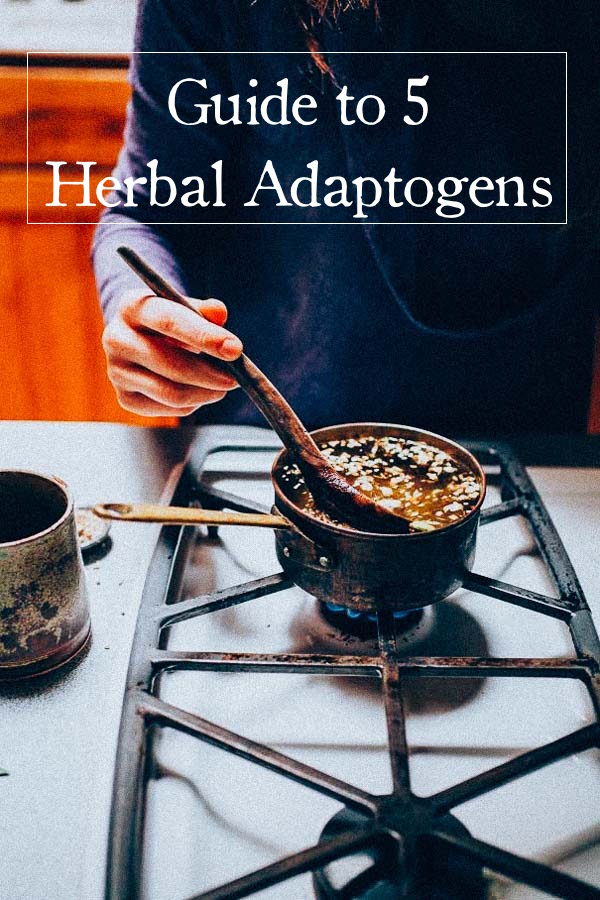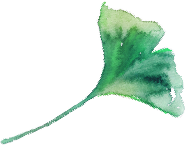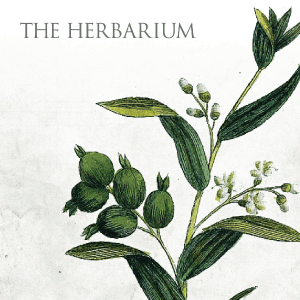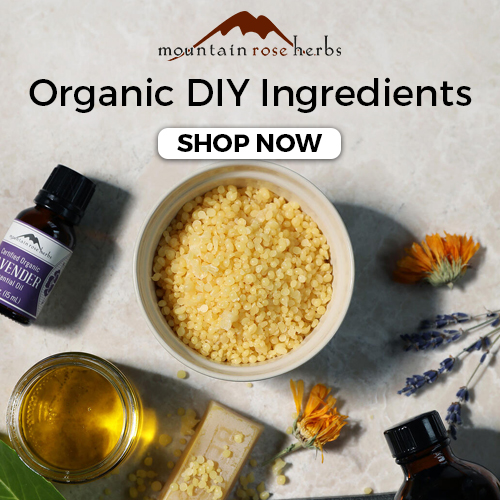
Today is a big day for power. There’s a flood of strong energy heading to DC today that includes several of my friends and family members, and an energetic feeling of connectedness and camaraderie. It’s power, it’s moving, and it’s uniting. For the past several months (for a myriad of reasons), there’s been a thousand reasons to feel stressed. Often times, our body doesn’t differentiate between types of stress – whether i’s financial, physical, emotional, psychological, environmental, political or even made up, all in your head stress. The physiological reaction is usually the same, and we could all use some support, regardless of where your stress is coming from. I suppose we could say that health could be defined as the ability to adapt quickly and efficiently. That’s where herbal adaptogens really shine.
Physiology 101:
The endocrine system is the first line of defense against the physiological effects of stress, and therefore takes the hardest hit with periods of prolonged stress. Endocrine glands, including the pituitary, thyroid, thymus, parathyroid, and adrenal glands, continually work together releasing hormones into the blood stream, and the body’s response to these hormones occur after either a matter of seconds or even days, however once the response has been initiated, the effects last for a much longer time than the actual stressor is present. There’s a negative feedback loop happening with exposure to stress: The hypothalamus releases CRH (Corticotropin releasing hormone) which signals the pituitary to release ACTH (adrenocorticotropic hormone) which signals the adrenal glands to release cortisol. We can release too much cortisol though – it’s very contextual. When we release corticoids, we set up a negative feedback loop from the adrenals back to the hypothalamus which then take a blood sample, so to speak, and determine what needs to be added or detracted. Corticoids are like the original adaptogen – they enhance your ability to respond to your environment. However, prolonged exposure to corticoids can be neurotoxic, and this feedback loop is extremely dependent on lifestyle. This sets off a cascade reaction that involves the whole body, and our tendencies to try and adapt turn out to be self destructive, especially when we overwork ourselves. We’re trying to adapt to the increased stress load but we end up hurting ourselves in the long run. (Enter the Self Care movement!)
Not surprisingly, herbal adaptogens work primarily on the endocrine system to lessen the long term effects of stress to buffer, tonify, strengthen and modulate the effects of these hormones on our other organ systems. I love herbal adaptogens because they’re such BUILDING tonics. They don’t just take the edge off and chill you out momentarily – they work best long term to strengthen your response to stress, and therefore have a better response over time (rather than just an acute reaction). It’s commonly thrown around that herbal adaptogens are “great for stress”! and that’s true – but in a super general way. Ideally, when you’re choosing an herbal adaptogen, you need to know what type of person you are personally, and especially what part of the endocrine system you’re working with. Most likely it’s the adrenal glands which are divided into 2 parts: the adrenal medulla and the adrenal cortex, and they both produce different hormones (yet both serve important roles in the overall response to stress).The immediate stress response (like, running from a tiger) is controlled by the adrenal medulla by the secretion of adrenaline (epinephrine) and noradrenaline (norepinephrine) which cause immediate increase in nervous system activity, increases cardiac output and facilitates blood flow to the heart, brain, muscles and increase your blood pressure short term. The adrenal cortex deals with the more long term stress response, responsible for the production of cortisol and hydrocortisone (called glucocorticoids) which have a profound effect on the immune system, certain behavioral responses and even metabolism regulation. When we’re under acute stress, our immune system is upregulated. When we’re under long term stress, the immune system is down regulated – hence why so many folks suffer from illness as a result of prolonged exposure to stress.
Adaptogens – which to choose?
Ashwagandha – I’ve spoken about Ashwagnahda in a previous post, but as it relates to the endocrine system – it’s one my my favorites to use! It really excels as a building tonic for those who are in a weakened state, chronically tired, overworked, over stressed or take on too much with no end in sight. Think new parents, caretakers, shift workers, high performance athletes, elderly folks etc. It particularly works well in the relationship between the endocrine system and the immune system because it’s cytokine balancing, immune-modulating and very building (promotes pitta activity over time). This is the ideal adaptogen to take long term, and I think powder form is one of the best ways to take it!
–Where to find it: Powder / Cut & Sift / Capsules / Tincture
Holy Basil – I consider holy basil akin to the kitchen gadget that does 100 different things and it’s essential to have around all the time. Holy basil is not just an adaptogen, it’s a liver protective herb, an anti-inflammatory, a carminative in the gut (helps with gas and bloating) and, my personal favorite – a spiritually uplifting herb for the “blah” feeling that comes in winter. It has this uplifting, warming and moving quality that is so needed when you’re fatigued from low cortisol and overwork and over stressed. It helps to give you that push to keep going when you have to without putting strain on the already taxed adrenal glands. Best taken as tea, I think, combine with some licorice and skullcap.
–Where to find it: Cut & Sift / Tincture / Capsules / Powder
Siberian Ginseng – High in a saponins called eleutherosides, these compounds directly impact the adrenal medulla. Traditionally, Siberian ginseng (also called Eleuthero) was used to tonify the spleen and kidneys (capacity to generate energy) and invigorate the blood as a circulatory stimulant. All helpful actions that directly impact the endocrine system as well in times of stress. This is best for the person with a sense of overwhelm, fatigue, exhaustion and sluggish mind, not for the agitated, hypervigilent stressed out person due to it’s stimulating qualities. With any of the ginsengs, start with a low dose and work your way up gradually, and always take early in the day or afternoon to re-informece your normal cortisol pattern.
–Where to find it: Cut & Sift / Tincture / Capsules
Panax Ginseng – one of the more stimulating adaptogens, this has a broad response to both the adrenal cortex and medulla, and is best used for weakened conditions (elderly, recovering from prolonged illness etc) and makes you more adaptable short term. Panax ginseng tends to make you burn fuel more efficiently, allowing skeletal muscles to more effective use free fatty acids as fuel rather than relying on glucose. I use this generally for a stress pattern associated with deficiency, sleep / insomnia issues and inappropriate cortisol patterns early in the day. It helps to reinforce what your circadian rhythm should be doing when you wake up in the morning (cortisol should rise!). Not great for long term use – 3 months us usually the max I would recommend using this one. *Always look for responsibly sourced ginseng*
–Where to find it: Whole Root / Tincture / Capsules
Licorice – Specifically supports the adrenal cortex response to ACTH. Licorice is sweet, building and nourishing to the endocrine system in every way – and most especially for the adrenal glands. The triterpene constituents in licorice are broken down in the body into molecules similar to the structure of adrenal hormones, and this likely explains licorice’s amazing adaptogenic (and anti-inflammatory) properties. Licorice, along with ashwagandha, is one of the best herbal adaptogens to be used long term for the best building and nourishing effect on the whole body. Because of it’s demulcent qualities, it’s especially helpful to sooth inflammation in the gut, which can be irritated by the prolonged presence of cortisol. Win win.
–Where to find it: Powder / Cut & Sift / Tincture / Capsules
Ashwagandha, licorice, and the ginsengs are all roots, therefore when prepared as a tea (which is my personal fave way to take most herbs), you can take 1 tsp of dried root in 2 cups of hot water and simmer together on low heat with a tight fitting lid for 15 minutes, making a strong decoction that you can sip on in times of need. Ashwagandha does best when decocted in a fatty milk, like whole milk or coconut milk. Same ratio and cooking techniques apply.
Additional tip – it makes for a particularly effective herbal tonic when you combine an adaptogen with a nervine for a balancing effect. Some of my favorites to partner with adaptogens include skullcap, milky oats and lemon balm to help lessen the impact of accompanying anxiety or fatigue.
There are LOTS more herbal adaptogens, like maca and rhodiola and reishi (oh gosh, allllll the amazing mushrooms) the list goes on, but for the sake of brevity, these are my favorite top 5 adaptogens. Which ones are go-to’s for you??








